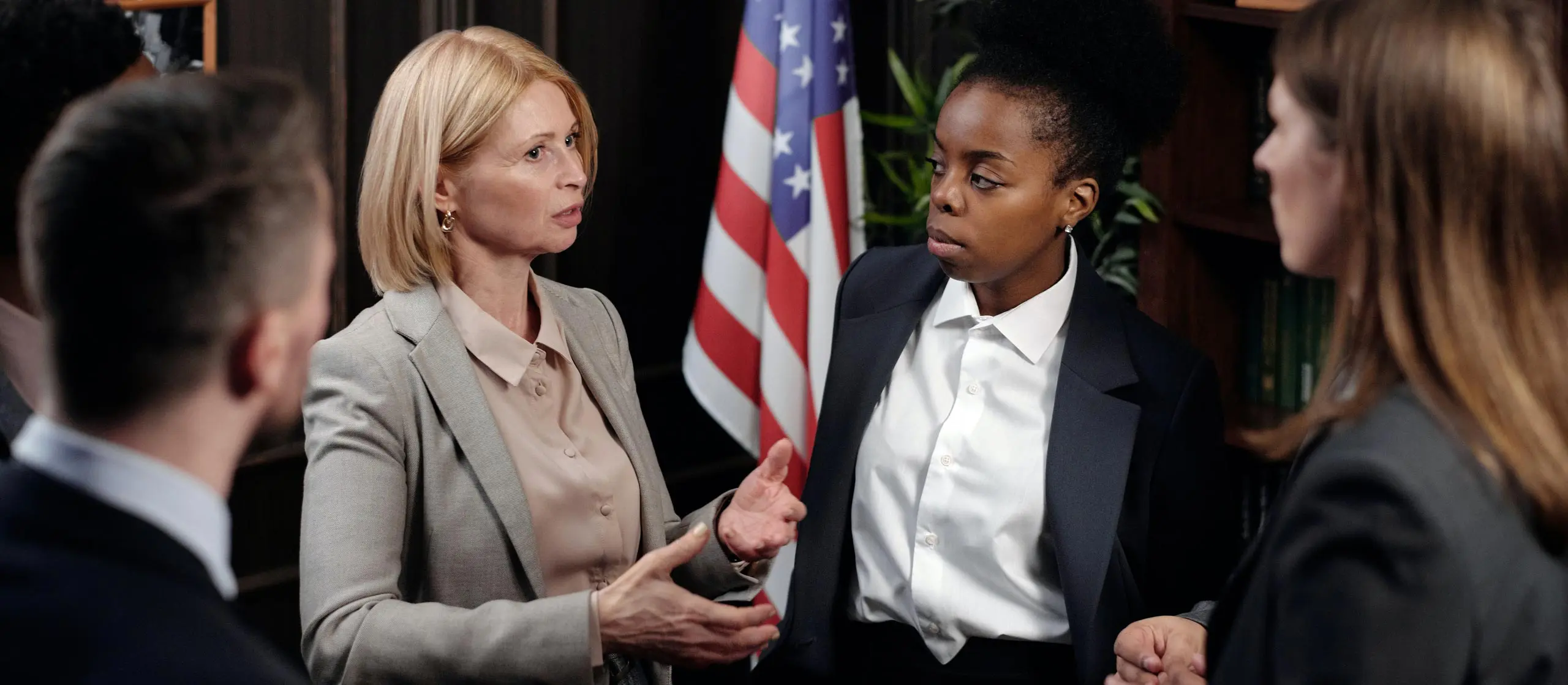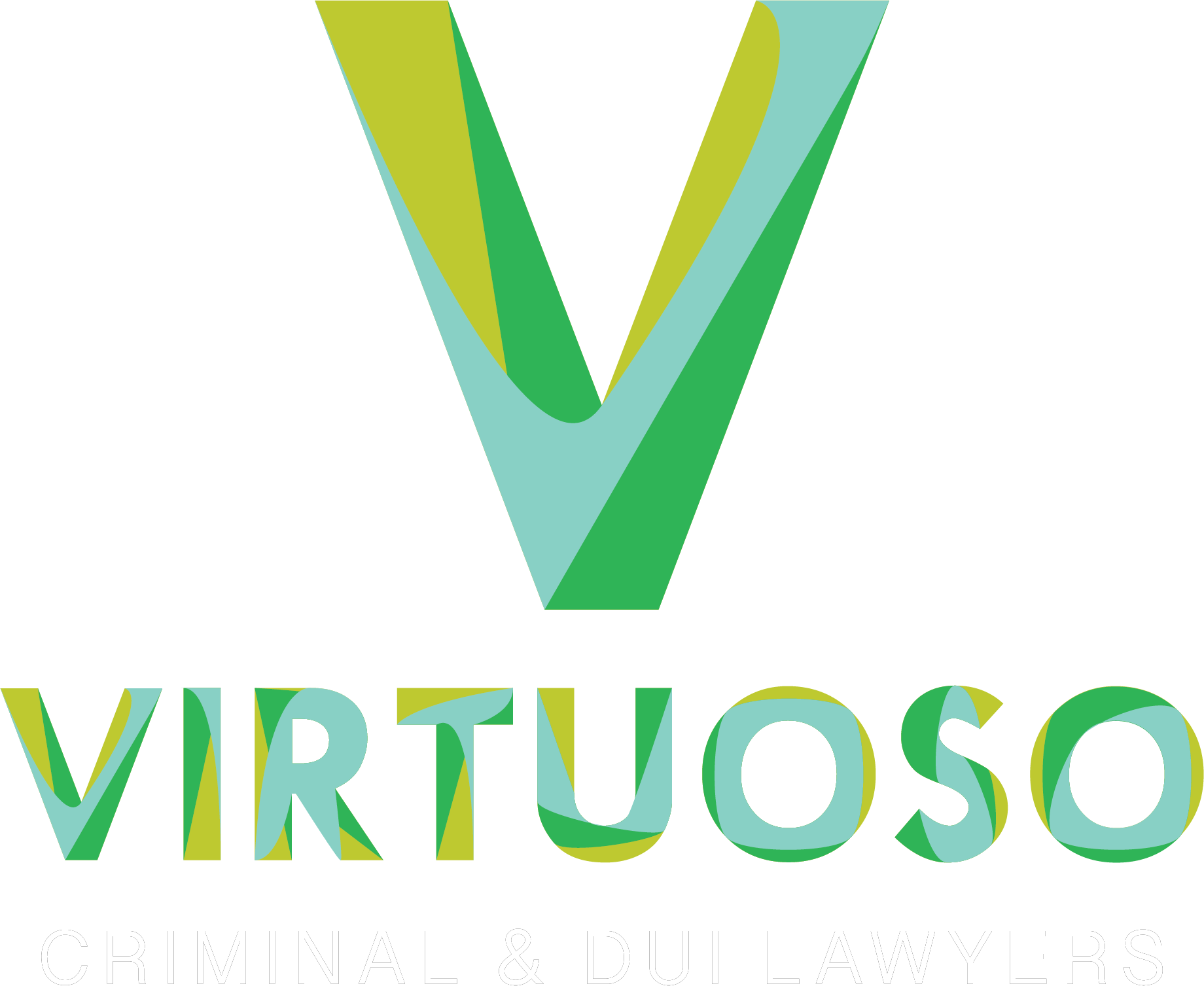Why is Being Convicted of a Felony a Problem?
What types of Crimes exist in California?
1. Infractions
2. Misdemeanors
3. Felonies
California divides criminal offenses into three categories. At the bottom level are infractions. These are the most minor offenses and usually have very little impact on one’s criminal record. At the next level of severity are misdemeanors. A variety of different crimes count as misdemeanors in California from theft to battery to even some sexual offenses, but the law generally considers them to be less serious than other types of crimes. Felonies are the most serious types of crimes, and California defines a felony as any crime for which a person can be punished by more than one year of county jail and often times, felony sentences involve incarceration in the state prison.
Felonies can therefore be punished more severely than other types of crimes in California, and so a felony charge can cause a lot of anxiety for the defendant as they wonder if they will be imprisoned for longer than 1 year. But a felony conviction can also have serious, long-lasting consequences for the person convicted, even if they are only sentenced to probation (in lieu of a state prison grant).

Collateral Consequences: Employment.
An indirect consequence, or collateral consequence of a conviction relates to current and future employment. Many job applications ask if you have ever been convicted of a felony, and a “yes” answer to this question might prove fatal. U.S. employment and labor laws suggest that employers not give too much weight to whether you have a felony conviction, but the reality is that for too many employers, a conviction for a felony someone less employable.
Inherently then, misdemeanors have less effect and infractions even less so.
Similarly, many professional licensing boards do not look kindly on a felony conviction. If you are planning to become a doctor, nurse, pharmacist, lawyer, teacher, or work in any field that requires an official, professional license, you may find your hopes dashed here, too. Even if you already have a license in any of these fields, a felony conviction may put it in jeopardy.
There are some other important consequences of a felony conviction that are worth considering.
California and Federal law both expressly prohibit felons from owning a firearm or obtaining a license to carry. Expungement of a felony conviction does not change this; you are still a “felon” for the purposes of the firearms licensing laws and this will, itself, prohibit you from ever owning a firearm lawfully.
A felony conviction will prohibit you from serving on a jury. Also, you may lose your right to vote, at least while you are serving your sentence for the felony conviction. The Fourteenth Amendment to the U.S. Constitution allows the states to deprive people of the right to vote after conviction for a crime. In California, you may not vote if you are imprisoned or on parole for a felony conviction, except for some circumstances where the sentencing judge suspends jail time and orders probation, instead.
It depends. Immigration authorities usually look mostly to crimes considered “crimes involving moral turpitude” and “aggravated felonies” when deciding whether to deport someone or deny them re-entry to the U.S. Confusion results, however, because whether a crime falls into these categories depends on the subject matter of the offense and the sentence imposed, not whether the State actually calls the offense a “felony.” This means that all sorts of California crimes-both felonies and misdemeanors-can count as crimes involving moral turpitude and aggravated felonies; a misdemeanor can even count as an “aggravated felony” to immigration authorities if certain circumstances are met.
If you are concerned about immigration consequences to your case, be sure to consult with an immigration attorney as your criminal case progresses so that you can fully understand the possible consequences to your immigration status.
Fortunately, there are some ways you can remove a felony from your record and dodge many of the most devastating consequences that come with it.
If you were convicted of a felony that could also be charged as a misdemeanor (a “wobbler”), then you may be able to petition the court to reduce the charge down to a misdemeanor under Penal Code 17b (“PC 17b”) and then later have this expunged.
If your felony conviction was for a more serious crime that does not “wobble” downward to a misdemeanor, then you may be able to remove the conviction from your record by way of a Governor’s Pardon.
See the other sections of our site for more info on these options or give us a call!
Clips of Counsel: Watch and Learn
“Daniel Vaswani, lead attorney at Virtuoso Criminal and DUI Lawyers, explains the complicated process of a DUI arrest and the importance of hiring the right lawyer.”
“Attorney Joe McPeak from Virtuoso Criminal and DUI Lawyers discusses important defense strategies for domestic violence cases.”
“Discover how speaking with an attorney just days before your court date can dramatically impact your chances of release.“
We are Available




